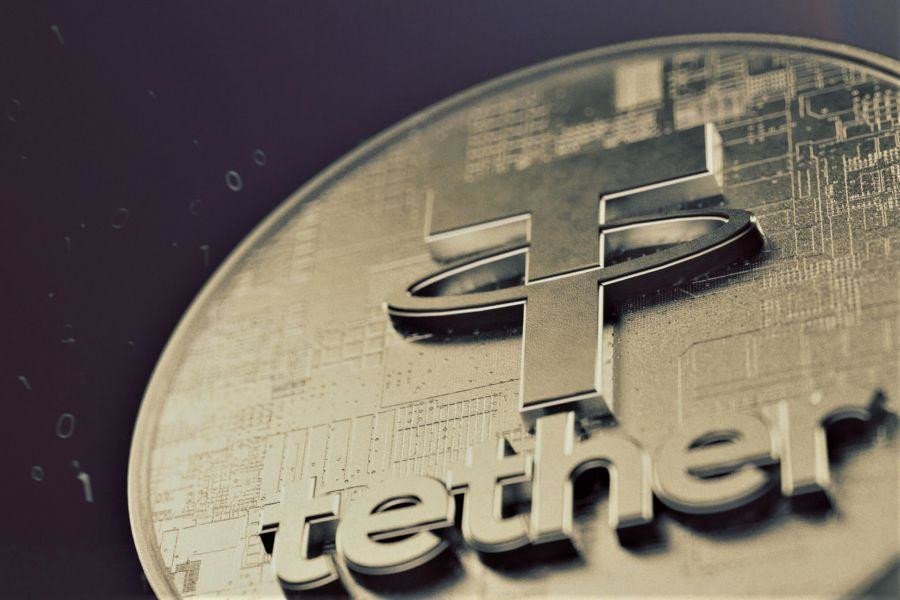
Tether, the company behind the largest stablecoin USDT, has expanded its offerings to include offshore Chinese Yuan (CNH₮) stablecoin on the Tron blockchain. The move will enable Chinese customers to send and receive payments in the stablecoin with fewer fees compared to the Ethereum blockchain.
In a Tuesday announcement, Tether announced that they are adding CNH₮, a stablecoin pegged to offshore Chinese yuan (CNH), to the Tron blockchain.
Launched in 2019, CNH₮ was initially available only on the Ethereum blockchain as an ERC-20 token. CNH₮ is one of four stablecoins that Tether supports, including stablecoins pegged to the U.S. Dollar (USD₮), Euro (EUR₮), and Peso (MXN₮).
“We’re excited to bring CNH₮ to the Tron ecosystem,” said Paolo Ardoino, CTO of Tether. “At a time when the crypto market is experiencing immense turmoil, we believe that the best way forward is to keep building.”
Tron Founder Justin Sun also addressed the launch of CNH₮ on Tron, calling it a “Big milestone for crypto and Asia community.”
Tether’s CNH₮ is currently not tracked by some of the biggest price-tracking websites for cryptoassets, including CoinMarketCap and CoinStats.
However, according to data by CoinGecko, 1 CNH₮ token is currently trading at $0.143427, which is ostensibly well pegged to the price of the Chinese Yuan. Furthermore, the token has a market cap of $2,940,750 with a 24-hour trading volume of just over $2,000.
While Tether claims the launch of “CNH₮ on TRON represents the company’s dedication to pioneering stablecoin technology and bringing the largest and most liquid stablecoins to global markets everywhere,” it remains to be seen if there will be much demand for the stablecoin.
Meanwhile, cryptocurrency exchange Bitfinex has announced that it would become the first platform to list Tron-based CNH₮ stablecoin. Tether Limited is owned by the Hong Kong-based company iFinex Inc., which also owns the Bitfinex cryptocurrency exchange. Therefore, Tether and Bitfinex are sister companies.
TRON is a decentralized, open-source blockchain-based operating system with smart contract functionality, similar to Ethereum. However, Tron is both faster and cheaper than Ethereum, which makes it a better option for transactions.
As reported, China conducted an aggressive crackdown on the crypto space in the country in 2021, which led to almost all Chinese crypto companies leaving the country for more friendly countries.
However, China has been less aggressive toward digital yuan-backed stablecoins. In fact, Zhang Ping, a researcher at the Chinese Academy of Engineering, said earlier this year that China should issue a digital yuan-backed stablecoin to build an on-chain payment system for China’s Metaverse.



















